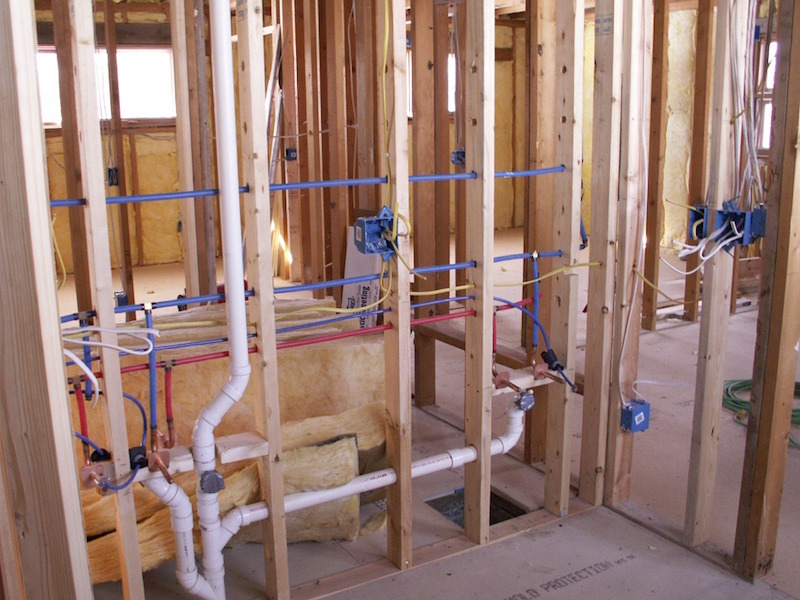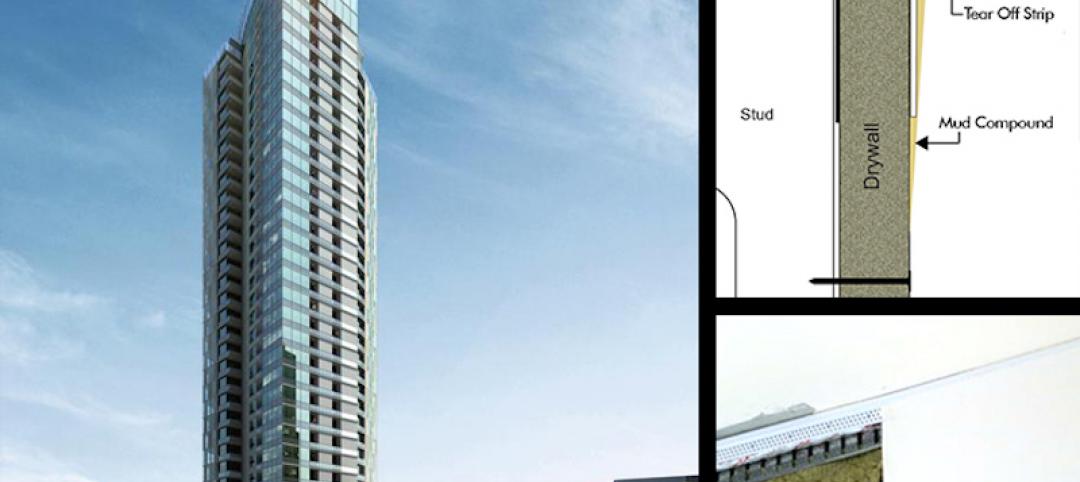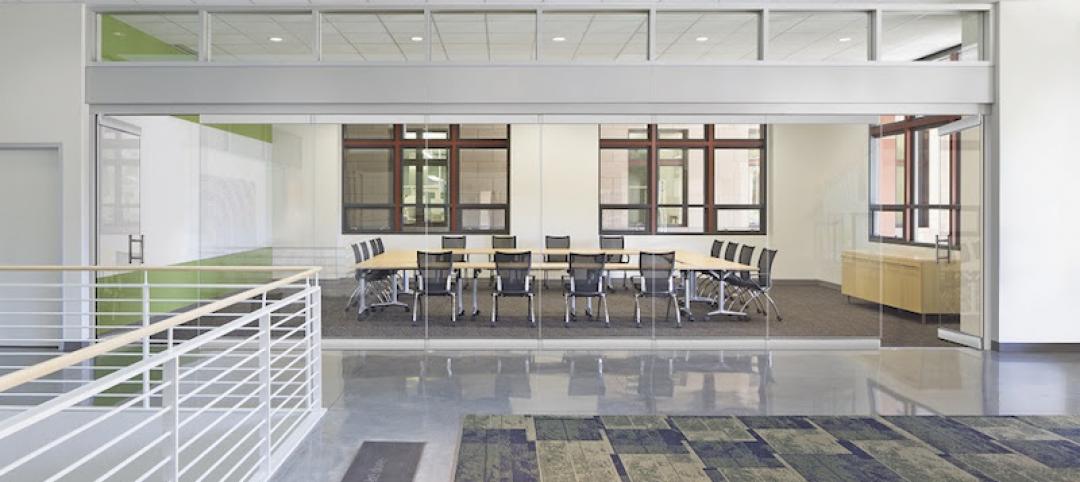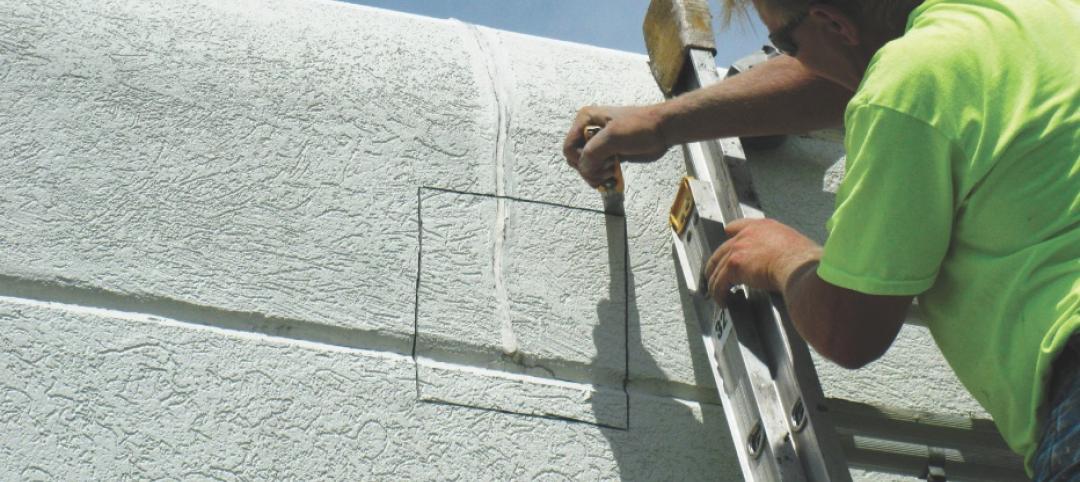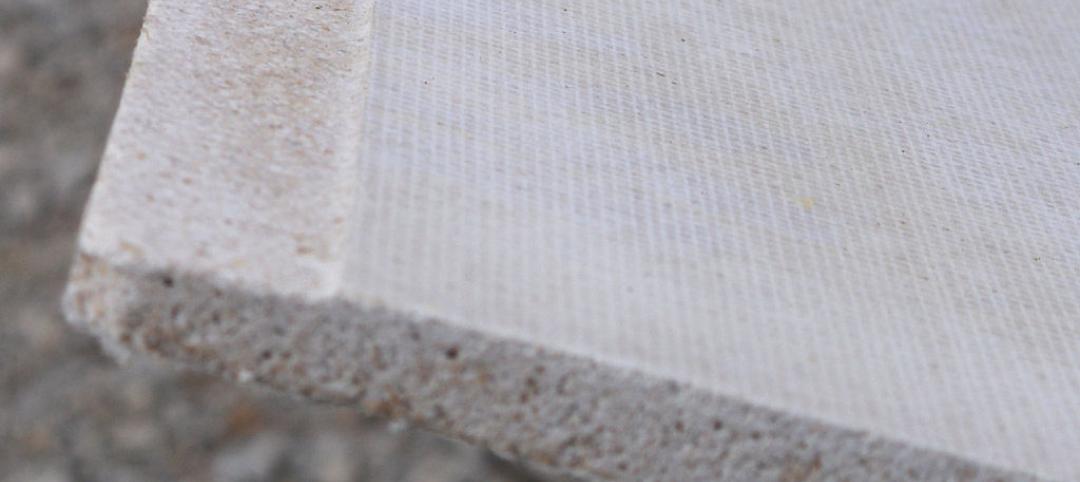A company in Windsor, Calif. recently announced it has developed a structural wall system that uses a combination of bamboo-based engineered panels and metal to produce wall cavities that eliminate almost all of the studs.
According to residentialproductsonline.com, the system, named the Prime Wall System, incorporates top and bottom metal tracks with panels made from bamboo laminated with plywood veneer. The metal tracks are installed on a concrete slab or wood subfloor and are used to secure the bamboo panels in place.
According to the company, the Prime Wall System will speed framing, reduce waste, save money, and improve the thermal performance of the home. Additionally, an empty wall cavity means the installation of electrical, plumbing, mechanical, and media can be quickly completed since there aren’t any studs to drill through.
The panels are prefabricated and, by the time they reach the build site, a CNC router will have already cut out every door, window, light switch, electrical outlet, and plumbing access. Interior walls that will be painted are pre-sanded to a 180-grit finish, meaning there is no need for drywall, and if stucco, masonry, or a stone finish will be used, BamCore provides the additional wall blocking to decrease the chance of wall or ceiling deflection.
In total, the Prime Wall System manages to eliminate over 95% of floor-to-ceiling wood studs and posts.
Related Stories
Sponsored | Walls and Partitions | Jun 12, 2018
Mindful design for better schools
East Aurora High School's new expansion included an atrium, several new classrooms, and a fine arts wing.
Walls and Partitions | Nov 9, 2017
Skullcandy HQ becomes one with the Utah mountains, thanks to operable glass walls
The environmentally friendly structure is integrated into the landscape and maximizes its striking views of the Uinta and Wasatch Mountains.
Walls and Partitions | Oct 16, 2017
Vertically folding walls save space while opening up rooms
Vista Air is available in several mounting options and cladding materials, including metal, wood, and glass.
Sponsored | Walls and Partitions | Jun 12, 2017
Deflection Bead case history: The Confluence
In multi-level buildings, the upper floors exert force upon the lower floors and can cause cracking of the drywall where the lower floor wall meets the ceiling, especially when the upper floors are subject to variable load, impact, or other unexpected forces.
Walls and Partitions | Feb 13, 2017
Paris plans for a permanent bulletproof glass wall to surround the base of the Eiffel Tower
The glass wall would replace the current metal fences that surround the structure.
Interior Wall Systems | May 31, 2016
NanaWall PrivaSEE offers better sound rating than most fixed glass partitions
Frameless, operable all glass wall with no floor track is STC 36 sound rated
| Jan 14, 2016
How to succeed with EIFS: exterior insulation and finish systems
This AIA CES Discovery course discusses the six elements of an EIFS wall assembly; common EIFS failures and how to prevent them; and EIFS and sustainability.
Walls and Partitions | Nov 24, 2015
Gypsum Association releases guidance document on impact-resistant panels
Products are designed for high-traffic areas.
Sponsored | Curtain Wall | Jul 27, 2015
Steel Curtain Wall System is a Landmark for Justice in Butte County
The curtain wall and cupola mirror the shape of surrounding landforms


